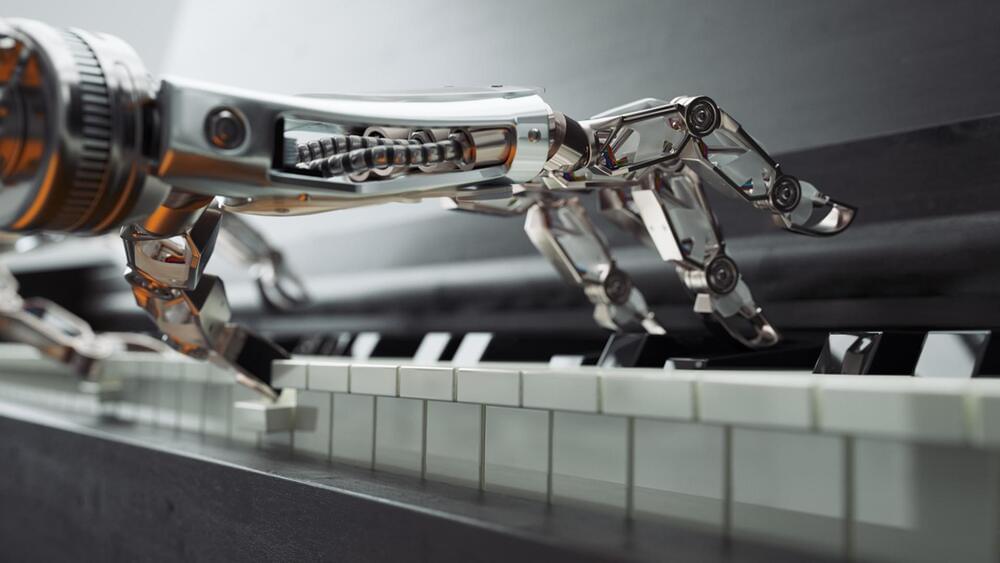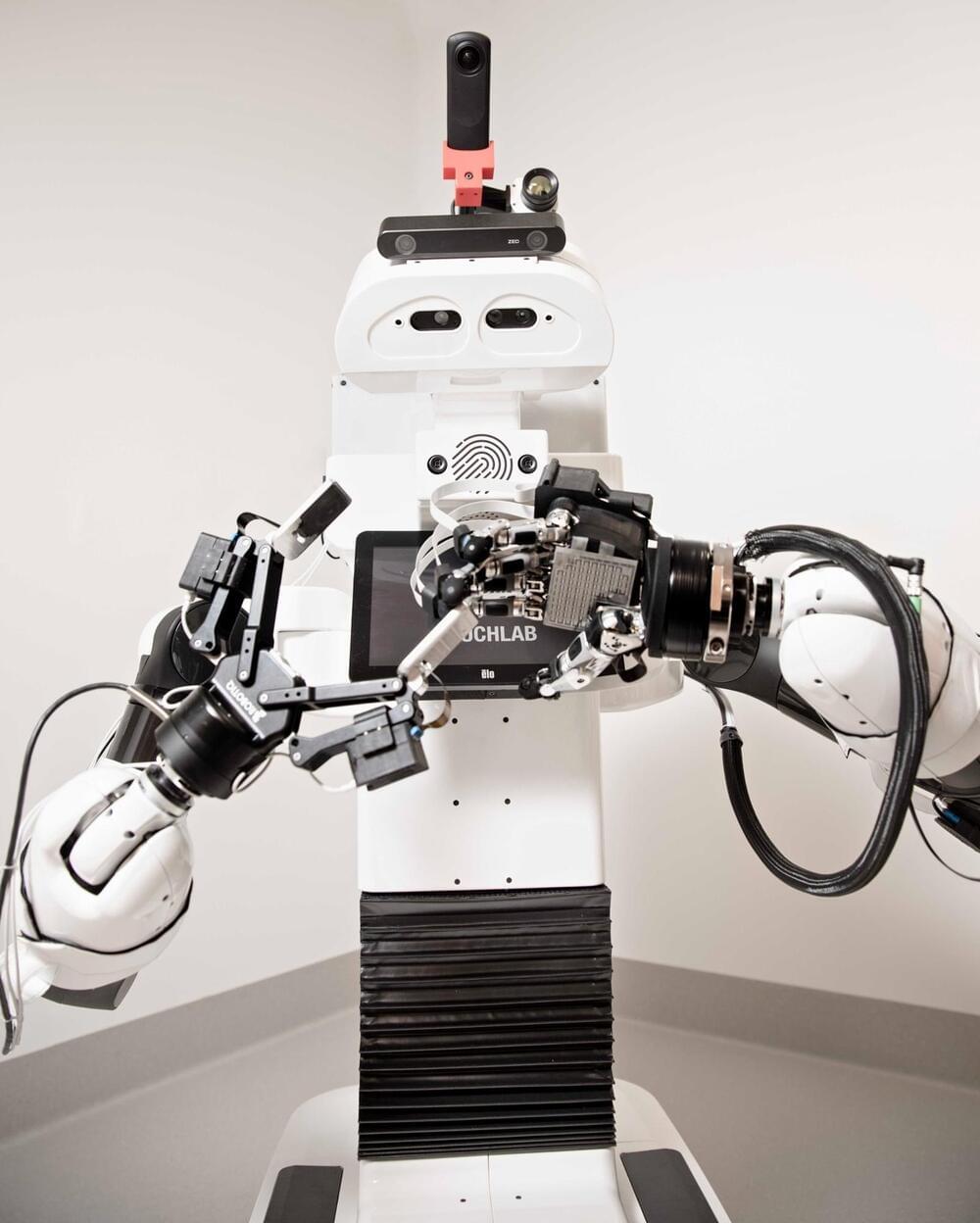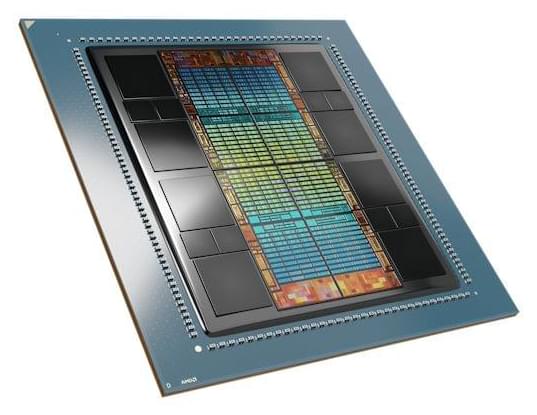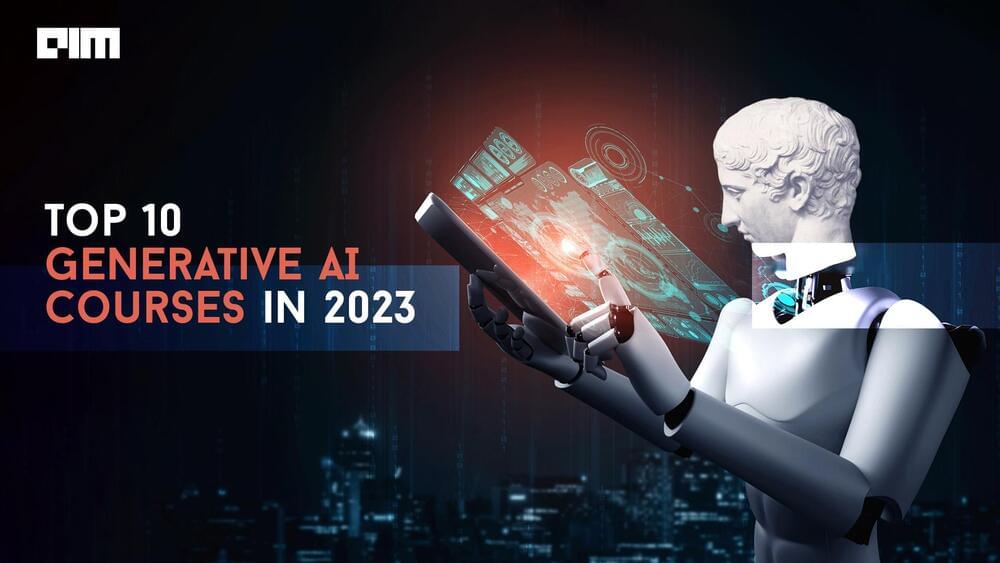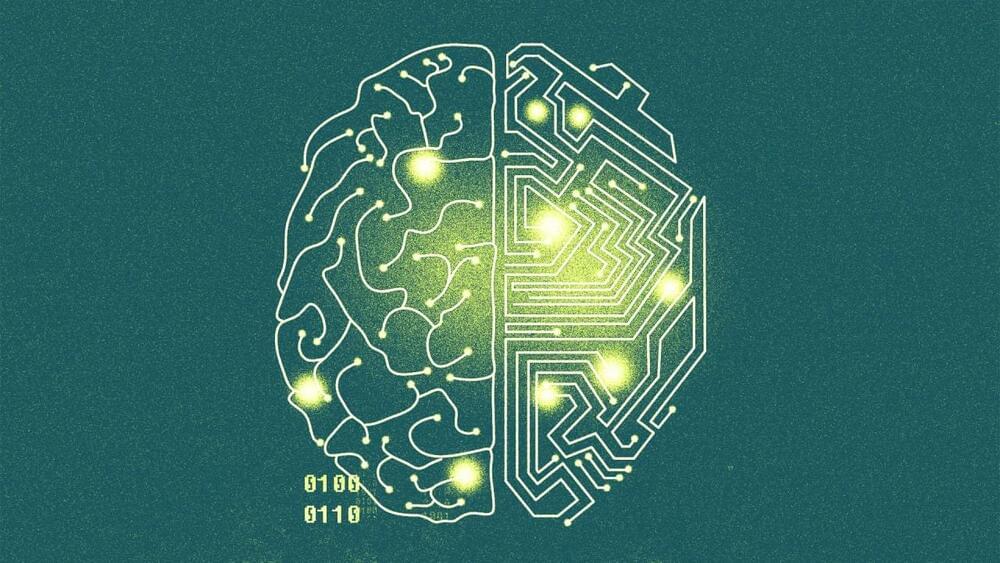Jun 14, 2023
Meta’s AI ‘MusicGen’ creates rock lullaby in just 341 seconds with text prompts
Posted by Gemechu Taye in categories: media & arts, robotics/AI
MusicGen has been trained on 20,000 hours of music.
Meta has unveiled MusicGen, an artificial intelligence(AI) music-generating system which can be conditioned using text prompts or melodies. It’s similar to Google’s MusicLM, which can build on existing melodies, whether they are whistled, hummed, sung, or played on an instrument.
Generating music is a challenging task as it contains harmonies and melodies from different instruments, which create complex structures. Meta’s model was trained on 20,000 hours of music, reported Tech Xplore. Meta released a demo of MusicGen on Hugging Face, and Interesting Engineering decided to have a go at it.
